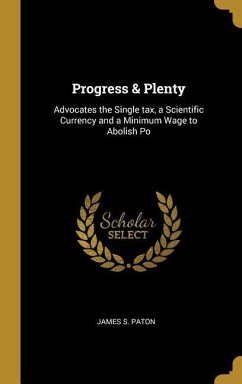The greatest reduction in mass poverty in human history has occurred during the current era of globalization. The world's poor are now catching up with the rich at a rapid pace in terms of human well-being--health, education, and life span. Drawing on 50 years of experience around the globe, renowned development economist Deepak Lal describes developing country realities and refutes misguided notions about economic progress, including World Bank calculations that exaggerate the extent of poverty, overstated claims made on behalf of microfinance, the resurrection of discredited theories such as vicious circles of poverty, and the need for massive foreign aid to save Africa. Lal also examines Western proposals to deal with climate change and concludes that they pose a great potential threat to the world's poor. Fortunately, liberalization in poor countries makes them less likely to be swayed by the intellectual fads of the West, so that classical liberal economic policies will continue to be the source of progress in the developing world.
Hinweis: Dieser Artikel kann nur an eine deutsche Lieferadresse ausgeliefert werden.
Hinweis: Dieser Artikel kann nur an eine deutsche Lieferadresse ausgeliefert werden.

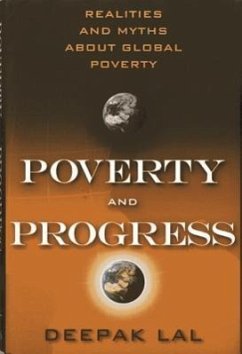
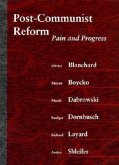
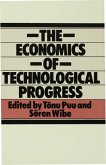
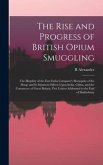
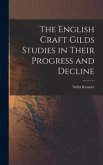

![Catalogue of the Works Exhibited in the British Section of the Exhibition [microform]: With Notices of the Commercial Progress of the United Kingdom, Catalogue of the Works Exhibited in the British Section of the Exhibition [microform]: With Notices of the Commercial Progress of the United Kingdom,](https://bilder.buecher.de/produkte/65/65543/65543410m.jpg)
